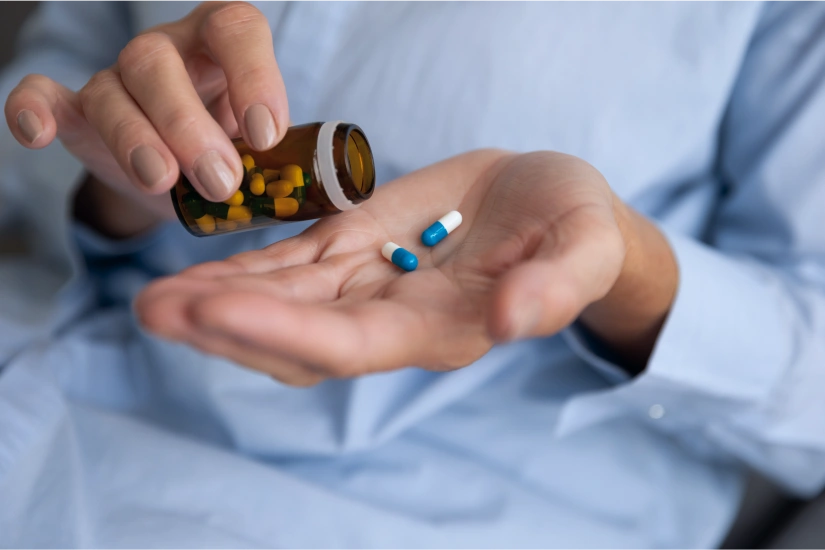24/7 Helpline:
(866) 899-221924/7 Helpline:
(866) 899-2219
Learn more about PTSD Treatment centers in Melrude
PTSD Treatment in Other Cities

Other Categories
Other Insurance Options

Private insurance

Optum

PHCS Network

Aetna

BlueCross

Self-pay options

Choice Care Network

Medical Mutual of Ohio

Meritain

Carleon

Horizon Healthcare Service

Health Choice

BlueShield

ComPsych

Group Health Incorporated

Humana

Amerigroup

Multiplan

Regence

Ceridian










